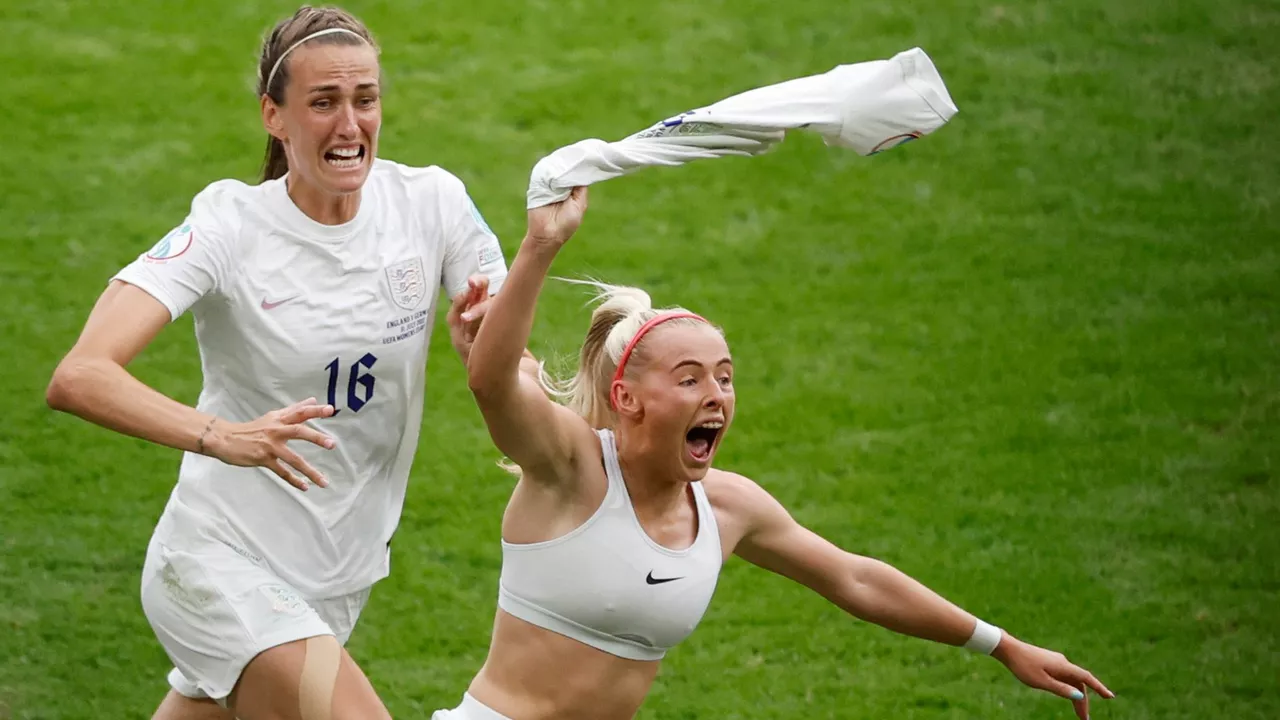Breaking Gender Stereotypes: Women in Football
Lately, a question has been floating around, turning heads and inciting quite a debate. The question is this: could a woman play football for a team in the English League? Now, I know some of you out there may be raising an eyebrow at this, scoffing even, but hear me out. Because believe it or not, this is a discussion that is increasingly relevant in today's evolving world of sports.
Let's take a step back and look at the football landscape. Historically, football has been predominantly a male-dominated sport. In schools, in local communities, on the professional stage, we've predominantly seen men sprint across the pitch, chasing that elusive ball. Women, on the other hand, have had to fight just to establish their space in smaller women's leagues. But things, as they so often do, are starting to change.
In recent years, we have seen strides towards more gender inclusivity in many areas of society. From politics, to tech, to sports, the barriers that once separated men and women are starting to crumble. Women's football leagues have enjoyed increased visibility and popularity. Large brands are beginning to sponsor women’s teams, providing vital financial support. Furthermore, women's matches are attracting record-breaking audience numbers both in the stadiums and on TV. In essence, it's evident that female football is on the rise.
Ladies with Strong Potential: The Football Rising Stars
Just the other day, I was out in the backyard with my kids, Taryn and Tobin. We were tossing the ball around, having a good old-fashioned family game. It's during these games that I often witness my daughter, Taryn, showcasing some really impressive skills. Her nimbleness, agility, strategy and powerful kick had me thinking – why shouldn't she have a chance to go pro if she really wanted to?
Indeed, the universe teems with female football players who are incredibly talented. Marta from Brazil, for example, is one who instantly comes to mind. Not only does she hold the record for most goals scored at FIFA World Cup tournaments, but she was also named FIFA World Player of the Year five consecutive times. Other examples of exceptional talent include the likes of Fran Kirby and Lucy Bronze from England, Sam Kerr from Australia, and many more. Why should these talents be restricted to the boundaries of women's football alone?
Challenges and Barriers to Break for Ladies in Football
Now, of course, one cannot simply wake up one fine day and declare that women will be playing in the English League. There are, indeed, challenges and barriers to consider. One of them is the physicality involved. Football, as we know it, is a physically demanding sport which often leads to heavy tackles and injuries. The question then is whether women could endure the physical rigour.
Seeing as I'm just a blogger and not a fitness expert, I did some research and found that studies have shown women can build and maintain stamina and strength just as effectively as men. Moreover, skills like ball handling, speed and game strategy can be developed irrespective of gender. So, in terms of physicality, it's safe to say that women could hold their own in football just as well as men.
Perception and Acceptance: Yay or Nay to Women on the Pitch?
The biggest challenge, perhaps, lies not in a woman's ability to play football, but in the public's acceptance of the idea. For centuries, we've had the concept of traditional gender roles thrusted upon us, ingrained deeply in our perception of the world. So, the image of a woman playing alongside men in a professional football match would surely be earth-shattering, to say the least.
From where I'm sitting, however, I can't wait to see that day. Imagine watching a league game and seeing a woman outrun players, skillfully tackle her opponents, and net in goals. It won't be just a victory for that team or that player, but a victory for gender equality and inclusion. A message loud and clear that skills, not gender, define a player's worth on the football pitch.
Technically, theoretically, and practically, women can indeed play football for a team in the English League. The crux of the matter, though, is not if they can, but when they will. The sooner we start recognizing talent irrespective of gender, the sooner we will get to witness the dawn of a new era in football.
